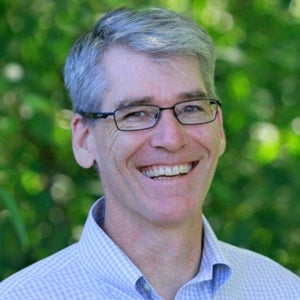
Mark Haggerty
THRIVE RURAL THEORY OF CHANGE (TOC) WORKING GROUP, ASPEN CSG
THRIVE RURAL NATIONAL ADVISORY COMMITTEE (NAC), ASPEN CSG
Mark Haggerty is a senior fellow with the Energy and Environmental Policy team at the Center for American Progress. Previously, Mark spent a decade as a policy analyst for Headwaters Economics, a non-profit research group based in Bozeman, MT. Broadly, Mark is interested in how policy accelerates regional inequality and uneven development, particularly among rural areas in the U.S. At Headwaters Economics, Mark works with community leaders, academics and policy experts to understand ongoing economic transitions and to develop and deliver solutions to decision makers. His specific expertise is in fiscal policy, land use planning, and economic development.
Mark initially worked as a facilitator and community organizer helping rural ranching and gateway communities address private land conservation, water, and planning issues in the Greater Yellowstone Ecosystem. Mark spent several years in New Zealand where he led a field team assessing farm practices, weeds, and water quality and helped Maori communities develop traditional food gathering management and monitoring plans. Since 2007, he’s applied his training as an economic geographer and his experience working with rural and tribal communities to important policy questions in the West.
Mark has provided expert advice and testimony to state legislative committees and to the U.S. Congress, is a frequent speaker to national and regional policy audiences, and currently serves on several appointed state legislative and gubernatorial committees. Mark holds BA degrees in Economic and Environmental Studies (1993) and an MA in Geography (1999), all from the University of Colorado at Boulder. Mark is a frequent instructor and serves on several graduate committees at Montana State University.
Mark is an avid outdoor athlete who can typically be found on ridgelines, trails, and rivers across Montana and the West. He is the proud father of two daughters who are teaching him to eat local, waste less, and try new things.
